Cairo, the bustling capital of Egypt, offers a blend of ancient history and modern urban life. From historic mosques and palaces to vibrant streets, the city is a living museum. The aroma of freshly brewed Egyptian coffee and spices fills the air, tempting visitors to sample traditional dishes. The iconic Pyramids of Giza stand as a reminder of the city’s rich past, visible in the distance.
As the sun rises, Cairo comes alive, with markets and bazaars like Khan El-Khalili and Al Muizz Street offering a lively atmosphere. Here, the sound of Egyptian songs and the laughter of locals fill the air, adding to the city’s charm. In Cairo, the past and present coexist, revealing the secrets of history while offering a unique experience to every traveler who explores its attractions.

1. Choose the Best Time to Visit Cairo

Cairo, with its warm and dry climate, offers a unique atmosphere filled with the scent of spices and a deep connection to ancient history. As you explore the city’s monuments and streets, you’ll feel a strong connection to its rich past.
Cairo experiences pleasant temperatures in the winter, while summer brings warmth and vibrant energy. The peak tourist season runs from October to April, but for those looking to avoid crowds and save money, visiting during the shoulder seasons (May to September) is ideal, though the weather is hotter.
During your visit, you can explore the city’s ancient wonders, including the pyramids, the Sphinx, museums, and the citadel, all of which reveal fascinating secrets of the past. Additionally, Cairo’s natural beauty, from the Nile River to the surrounding desert and Egyptian oases, offers opportunities for activities like sailing, sandboarding, camel riding, and hiking.
2.Don`t Forget to try the Local Food in Cairo Streets

Tasting the local food is a must when visiting Cairo. Egyptian cuisine is rich in flavors and offers a variety of dishes that reflect the country’s culture and history. By sampling the food in Cairo’s streets, you’ll experience the diversity of Egyptian cuisine and gain insight into the traditions and customs of the locals.
Here are some dishes you shouldn’t miss:
- Koshari: A hearty street food made with a mix of rice, lentils, and pasta, topped with tangy tomato sauce, onions, and crispy fried onions.
- Shawarma: Thinly sliced marinated meat wrapped in pita bread, served with tahini, garlic sauce, and vegetables.
- Molokhia: A savory green soup made from jute leaves, cooked with garlic and coriander, often served with chicken or rabbit.
- Ta’meya (Falafel): Deep-fried patties made from ground fava beans or chickpeas, seasoned with herbs and spices.
- Mahshi: Vegetables like zucchini or eggplant stuffed with a mixture of rice, herbs, and sometimes minced meat.
- Umm Ali: A layered dessert made with puff pastry, milk, nuts, and raisins, topped with powdered sugar, sometimes served with ice cream.
- Basbousa: A sweet treat made from semolina, sugar, and yogurt, flavored with rosewater or orange blossom water.
- Fatta: A traditional dish featuring layers of toasted or fried bread, seasoned rice, and cooked meat, all soaked in a flavorful sauce.
- Hawawshi: Spiced meat encased in a pocket of dough, baked or grilled until crispy, made with minced beef or lamb mixed with onions, peppers, and aromatic spices.
- Kabab & Kofta: Grilled meat dishes—kabab is skewered and grilled chunks of marinated meat, while kofta is meat mixed with herbs and spices, shaped into elongated patties, and grilled or baked.
Exploring Cairo’s street food is an essential part of your visit, offering a delicious taste of Egyptian culture.
3. Learn a Few Egyptian Arabic Words
Arabic is the official language of Egypt and the most widely spoken in Cairo. Learning a few basic Arabic words can greatly enhance your experience, helping you communicate with locals and better appreciate their culture. Whether you need directions, want to ask for recommendations, or simply express gratitude, knowing some key phrases can be very useful.
Here are a few words to get you started:
- Sabah El-Khair = Good Morning
- Shukran = Thank You
- B Kam = How Much
- Salam = Bye
- Aywa = Yes
- La = No
These basic phrases can help you navigate Cairo, negotiate prices, and understand signs. They’ll also come in handy when reading menus and labels, and even when writing your name or greetings in Arabic. A little effort to learn the local language can go a long way in making your visit more enjoyable.
4. Don’t Forget to Copy Your Important Travel Documents
Before heading to Egypt, it’s a smart move to make copies of your essential documents. In the event that your originals get lost or stolen, having copies can save you a lot of headaches. These copies can serve as proof of your identity and nationality, making it easier to replace your documents with the help of local authorities. To be well-prepared, ensure you have copies of your passport, visa, travel insurance, and any other critical documents. It’s a small step that can make a big difference if things don’t go as planned.
5. Tipping in Cairo: A Simple Act of Kindness
Tipping in Cairo is more than just giving money—it’s a friendly way to show your appreciation for good service. Known as “baksheesh” in Arabic, which means “gift” or “charity,” tipping is a common practice that helps many workers in the tourism and hospitality industries, who often rely on tips to supplement their incomes.
While tipping isn’t mandatory in Egypt, it’s always appreciated and often expected, especially from tourists. It’s a nice way to connect with the local culture and say “thank you” for the services you receive. You can tip in Egyptian pounds or US dollars, and the amount is up to you, based on how satisfied you are with the service and what you can afford. If you’re unsure about how much to give, feel free to ask your tour guide or hotel staff for advice. Tipping is a small gesture that can make a big difference for those who work hard to make your stay in Cairo enjoyable.
6. Haggling in Cairo: A Fun Part of the Shopping Experience
Haggling is a type of communication in which you communicate your interest and gratitude for the goods to the seller, it is not a sign of rudeness or aggressiveness as you can also learn more about the culture and products by negotiating with the locals. Haggling may help you obtain a good price and value for your money as sellers start with a high price that is considerably higher than what they are willing to accept in order to achieve the best deal. This method can also help you avoid getting deceived or ripped off, as there are some sellers who try to take advantage of visitors who are unfamiliar with the market and currency, charging you more than the true value of the item or providing you with goods that have poor quality. By haggling, you can show that you know the market and that you are not easy prey, it is a part of the shopping adventure and should be seen as a game, not a conflict, just remember to approach it with a nice attitude to haggle. How to Haggle in Cairo? Greet the seller with a smile and a nice hello. Research the average price range for the item you are interested in. Do not be afraid to walk away if the price is not right, in many cases, the seller will call you back and offer a lower price to make the sale. When the seller quotes a price, respond with a counteroffer that is lower but still reasonable. Negotiate in a respectful manner, show interest, and engage in friendly conversation. If you are buying many items from the same seller, you can still try bundling them together and negotiate a package price.
7. Dress Modestly to Respect Egyptian Culture
Dressing modestly in Egypt is a sign of respect for the local customs, especially in a country where the majority of people follow Islamic traditions. Most locals cover their hair, shoulders, and knees, and by doing the same, you not only show respect but also help avoid unwanted attention.
Given Egypt’s hot desert climate, it’s wise to wear light, breathable clothing made from natural materials like cotton to stay comfortable in the heat. Essential items to bring include a hat, sunglasses, sunscreen, and lip balm to protect yourself from the sun and dust.
Dressing modestly also allows you to visit a wider range of attractions, such as mosques, churches, and other religious sites in Cairo, where covering your head, arms, and legs is often required. You might even find yourself invited by locals to share a meal or tea, offering a unique opportunity to connect with and better understand Egyptian culture.
8. Capture Stunning Photos of Egypt’s Landmarks
Egypt is a paradise for photographers, offering an array of stunning landscapes and historic landmarks to capture. If you’re drawn to the beauty of nature, explore some of Egypt’s breathtaking national parks and reserves like Wadi El Rayan, Ras Mohamed, and Siwa Oasis. These places are filled with vibrant landscapes and unique wildlife that will add depth and color to your photos. Plus, they offer exciting activities like hiking, camping, diving, and sandboarding, providing plenty of dynamic shots for your portfolio.
When photographing Egypt’s famous tourist attractions, from the ancient pyramids to the bustling streets of Cairo, you’ll find endless inspiration. However, be mindful of local regulations—always seek permission before taking photos at historical sites, government buildings, military installations, or police stations. This way, you can capture the incredible beauty of Egypt while respecting local customs and rules.
10. Get Your Egypt Visa in Advance for a Smoother Trip
It’s a good idea to secure your Egypt visa before you travel, rather than waiting until you arrive. This can save you time, help you avoid long lines at the airport, and make your trip planning more relaxed. Visa requirements can vary, so it’s important to check with the Egyptian embassy or consulate in your country to confirm what you need.
Getting a visa for Egypt is straightforward but does require some preparation. You can apply online or through a travel agency, depending on what suits you best. Be ready to provide some key details, such as your passport information, travel itinerary, and accommodation plans. Taking care of your visa in advance ensures a hassle-free start to your Egyptian adventure!
11. Carry Some Cash With You
While credit cards are widely accepted in most cities and tourist areas in Cairo, it’s a good idea to have some cash on hand for a smoother experience. Cash is especially useful for local markets, small shops, and transportation options like taxis, buses, and the metro, where card payments may not be available.
Carrying cash can also help you avoid any extra fees or charges that some card companies impose on international transactions. You can easily withdraw cash from ATMs or banks throughout the city, but keep an eye on exchange rates and potential fees. Having cash on hand ensures you’re prepared for any situation, making your trip to Cairo more convenient and hassle-free.
12. Book with a Trusted Travel Agency
When planning a trip to Egypt, booking with a reputable travel agency can make all the difference in ensuring a smooth and enjoyable experience. A trusted agency, like Trips in Egypt, offers a variety of Cairo day tours that cater to different interests and budgets. Whether you’re interested in cultural, historical, or beach tours, they can customize your itinerary to fit your needs.
With a reliable agency, you’ll have access to skilled guides, comfortable transportation, accommodations, and even Nile cruises, all designed to enhance your experience in Cairo. They take care of all the details, from booking your flights and visa to arranging tickets and travel insurance. Plus, you can benefit from special offers through their partnerships.
Your safety and security are also a top priority, with the agency providing essential information and support in case of emergencies. By booking with a trusted travel agency, you can relax and enjoy your trip, knowing that every aspect of your journey is in good hands.

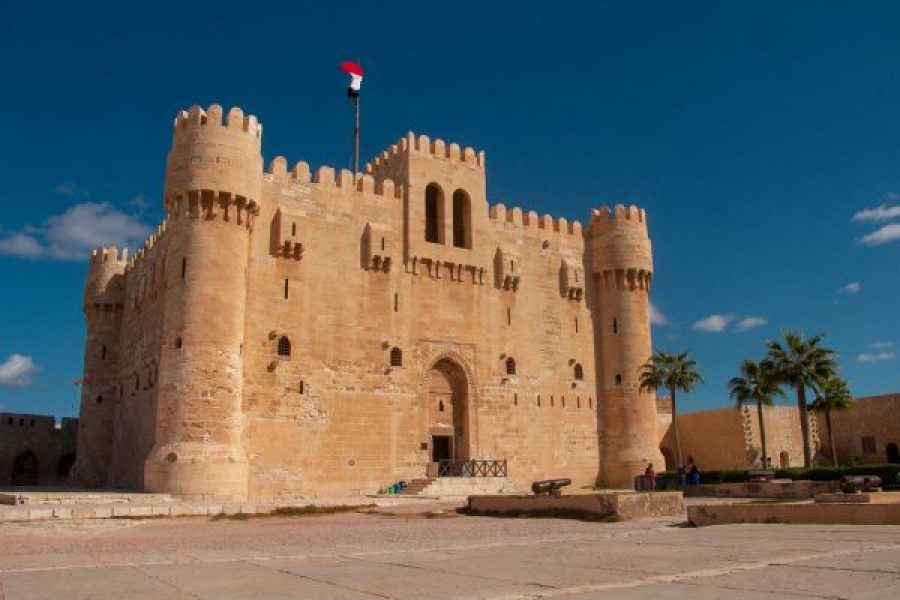
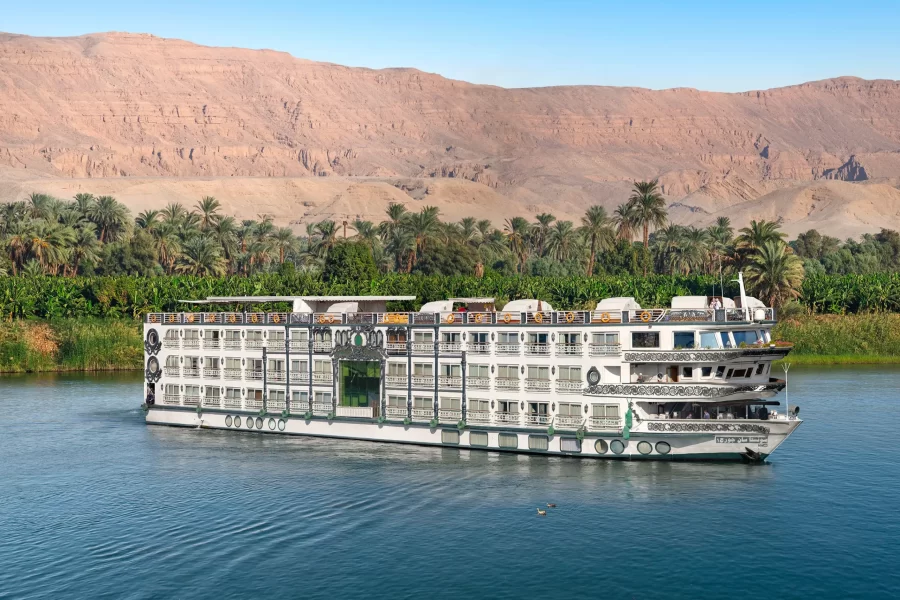

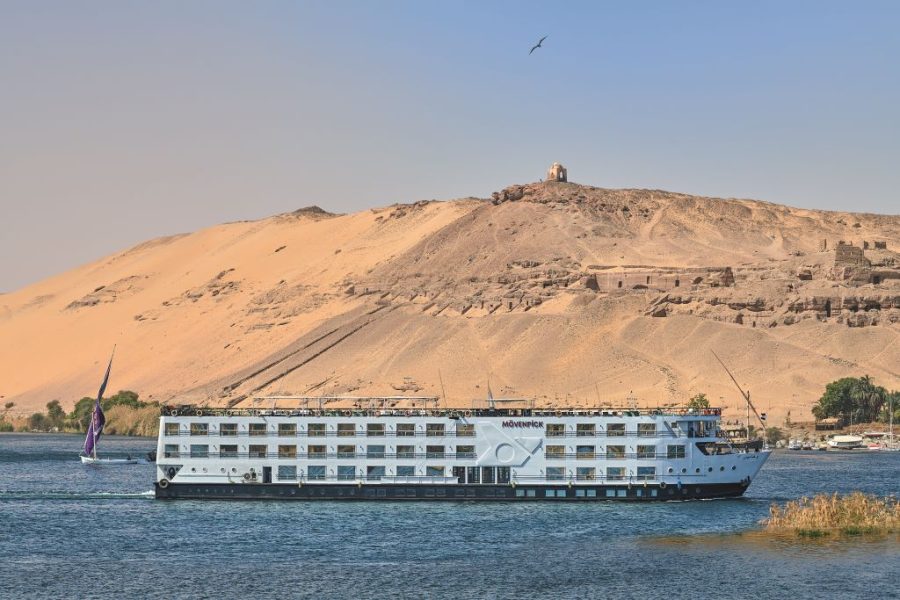
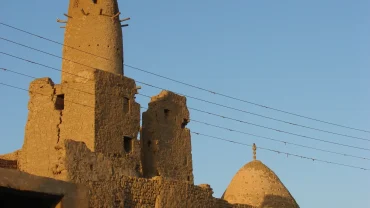
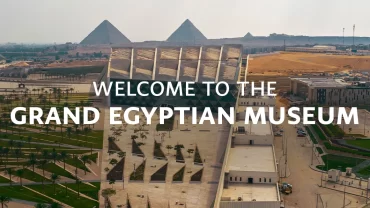
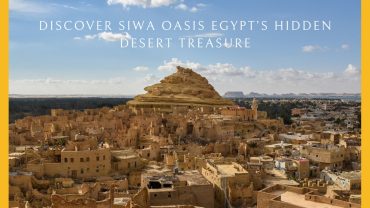
Comment (0)